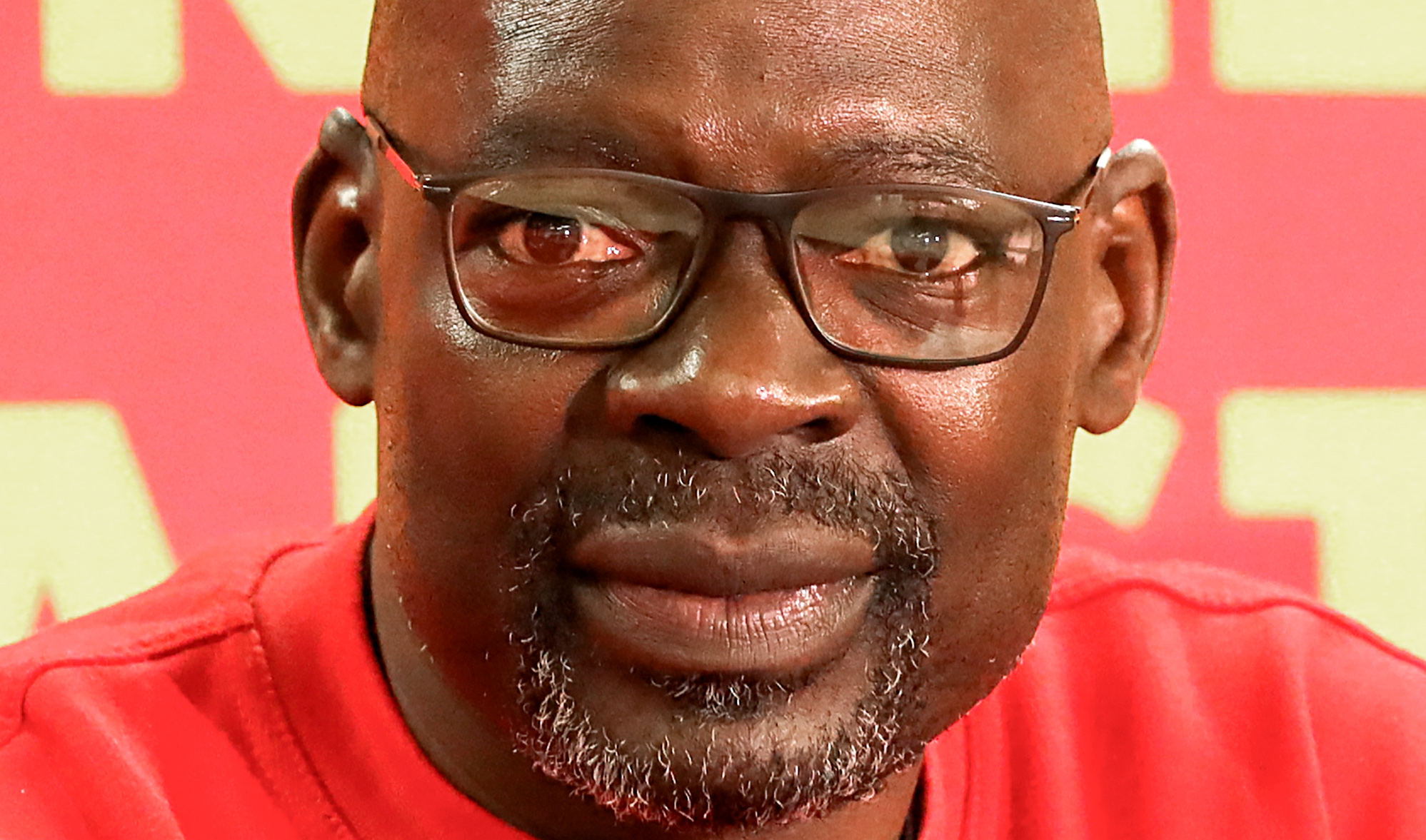As far back as 2007, the South African Communist Party (SACP) considered contesting elections independently, which is now coming to fruition. At its 5th National Congress this week the party will discuss the details of its strategy for the 2026 local government elections and how it will assert its independence.
For more than three decades, the SACP has been a key member of the Tripartite Alliance (comprising the ANC, SACP and Cosatu), helping to secure the ANC’s political dominance by mobilising support from trade unions and left-wing groups.
However, for the past 15 years, the SACP has expressed growing discontent about the direction of the ruling party. It raised concerns about corruption, the failure to address economic inequality and a shift away from “revolutionary” principles.
On various occasions, it threatened to walk away from the alliance. This is now becoming closer to reality after it strongly opposed the formation of the Government of National Unity (GNU), composed of the ANC, DA, IFP, PA and Freedom Front Plus, among others.
SACP General Secretary Solly Mapaila has been a strong critic of the GNU, repeatedly stating that it fails to represent the interests of black South Africans and is “recolonising” the country.
“The DA comrades represent the very essence of apartheid beneficiaries, the very essence of the continuation of colonialism. The DA represents the continuation of a counter-revolutionary agenda. We have said openly that the ANC must never want to recolonise our country through the backdoor, we will never accept any recolonisation in whatever form it takes,” said Mapaila.
Remaining in the alliance
Although the SACP will contest elections, it has maintained that it will remain part of the alliance. It recently supported the ANC in by-elections in Thabazimbi, Limpopo.
Ahead of the conference, which runs from 11 to 14 December, SACP national spokesperson Dr Alex Mashilo said: “The question for the congress is, how do we deal with these things affecting the independence of the SACP as a political party of the working class? We have campaigned for these things to be addressed for 28 years, now is the time for new strategy and tactics in how we do things.”
A key question ahead of the congress is whether the two SACP ministers currently serving in the GNU government as part of the alliance — Blade Nzimande (minister of science, technology and innovation) and Gwede Mantashe (minister of mineral and petroleum resources) — will retain their positions or step down while the party goes independent.
When asked about this, Mashilo responded: “When we went to the 2024 elections, we campaigned and voted for the ANC for the next five years; it was for the entire term of office.”
Regarding what happens after their term of office ends and whether future SACP members would serve under the ANC in the Cabinet, Mashilo said a decision would be taken at the SACP’s ordinary conference in July 2027, which would review the experience of the 2026 local elections and adopt a resolution on what should happen going forward.
Tough terrain
The SACP has more than 300,000 members, but it remains to be seen if it will be able to win enough votes to make a political impact. As Ismail Lagardien has very clearly spelt out, SA’s history since 1994 has shown that parties with an explicitly communist agenda do not win much support.
The most recent example, the Socialist Revolutionary Workers Party, won only 24,439 votes in the 2019 elections. That was despite having the support of SA’s biggest union, Numsa.
Asked about the implications of contesting independently, Mashilo said: “When you have the SACP contesting, there will be a reconfiguration. The alliance will no longer be the way it was before, it will be having two political organisations contesting for power…”
The SACP had informed the ANC of its intention to contest the elections and had started a discussion about the new scenario and how they were going to work together, said Mashilo.
The ANC’s secretary-general, Fikile Mbalula, said: “We have agreed to continuously engage on this matter, including the modalities of that particular decision. A decision to contest elections is a decision of the Communist Party. They have got to examine it themselves and make a determination.
“Insofar as how it will affect the alliance, it is a matter that we have agreed that next year we will talk about it, but they informed us that they have taken a decision and they are taking it to their congress. We will leave it there and then the ANC will discuss with them the implication of that decision in terms of its implementation.”
Read more: Red Alert — will the SACP disappear into insignificance without the ANC?
The SACP and ANC are set to have another bilateral meeting in January, which will be guided by the resolution of the upcoming SACP congress. In a statement, the SACP said that over the past 30 years, it had observed significant political developments and the direction of South Africa's economic and social policies, which have led to both positive and negative outcomes.
“While there have been positive outcomes, such as the provision of housing for the poor and expanded access to water, electricity, education, healthcare and social grants, the negatives have reached a point where they overshadow the positives.
“Unemployment has remained alarmingly high, exceeding 20% since 1996 when using the narrow definition that excludes discouraged work seekers. It later surged beyond 30%. Under the expanded definition, which includes discouraged work seekers, unemployment soared to over 40% before insignificant moderations. The situation is even more dire for Africans, the hardest-hit national group,” said the party. DM





